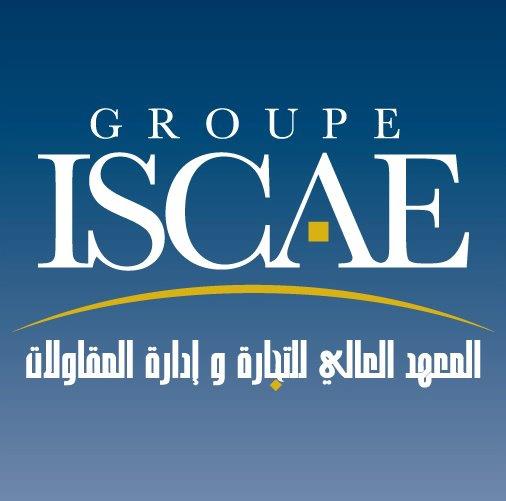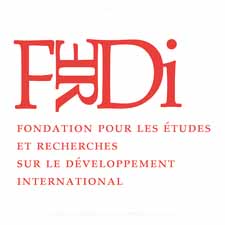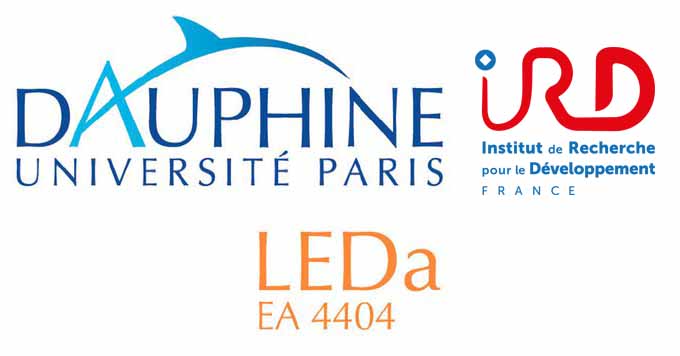Following the accession of the 6 new members, FEMISE is pleased to announce that the number of members of the network reaches 109 institutes: 58 of the North and 51 of the South.
This is a vote of confidence for FEMISE, which is developing to become the most impactful EU-Med network, with a growing number of economic and political researchers from both shores working together for inclusive and sustainable development and regional integration, and with a growing number of contacts with policy makers and international organizations.
Bios about new FEMISE members:
Institut Supérieur de Commerce et d’Administration des Enterprise (ISCAE), Morocco : ISCAE (Higher Institute of Commerce and Business Administration) is a major school of business and management in Morocco. It has the status of public institute under the supervision of the Ministry of Industry and Trade. ISCAE has three campuses: ISCAE Casablanca, ISCAE Rabat, and ISCAE Guinea. This Institute cooperates closely with the national economic fabric in order to achieve a perfect symbiosis between the training it provides and the evolving needs of the private sector.
Fondation pour les etudes et recherches sur le développement Internationales (FERDI), France : FERDI is a think tank which was created in 2003. Its primary, research-based purpose, is to influence the international discussion on major development issues. Independent and not-for-profit, FERDI mobilizes high-level researchers in the field of international development and offers relevant and innovative thinking on the key issues in development economics. FERDI is particularly active on issues related to development effectiveness, sustainable development, and global governance.
Institut Tunisien de la Compétitivité et des Etudes Quantitatives (ITCEQ), Tunisia : The Tunisian Institute of Competitiveness and Quantitative Studies (previously called Institute of Quantitative Economics) is a major Tunisian center for economic and social studies and competitiveness. It was created in 1973. Among its missions, it ensures the follow-up work, analysis of the Tunisian economy and its determinants at the product-level and at the macroeconomic, sectoral and regional levels and carries out surveys on the competitiveness of the private sector and the business climate.
Al Ahram Center for Political and Strategic Studies (ACPSS), Cairo, Egypt : ACPSS is one of the leading think tanks in Egypt and the region, consistently rated among the top 30 think tanks in the world in the global “Go-To think Tanks” annually produced at the University of Pennsylvania (USA). ACPSS serves as a connection space where knowledge-based policies/consultancy are produced and where different challenges faced by the region are also thoroughly studied.
DIAL- UMR LEDa – Paris Dauphine, France : The LEDa, Dauphine’s Economics Laboratory, is a research unit created in 2009. It brings together all the economist professors-researchers from Paris Dauphine University as well as IRD and CNRS researchers. Its decision-oriented research focuses on several broad-spectrum society issues: health and aging, development and mobility, macroeconomic policies, environment and climate, and finance.
Yaşar University, Turquie : Yaşar University is a university, in Izmir, Turkey. The university faculty teaches in English, with programs at both the undergraduate and postgraduate level. Yaşar University presents itself as a “boutique university”. Its goal is to be identified as a small but prestigious international Turkish university.[1] Yaşar University also adheres to a policy of internationalization: a process of connecting a globalized world with the local community through a variety of social responsibility projects.







